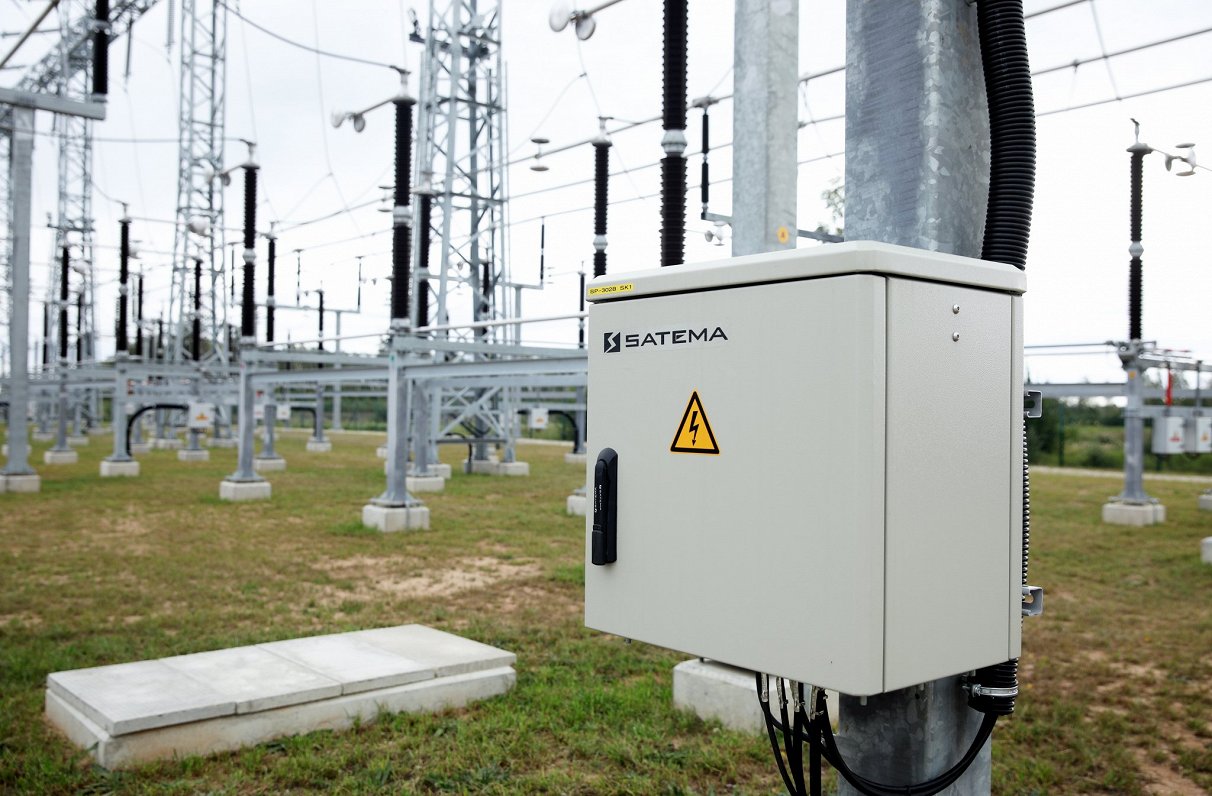Compared with the middle of last year, in early June, the wholesale price of electricity on the exchange was 58% higher. The price of electricity in bills amounts to around a third, and traders acknowledged that at least some consumers' tariffs will rise.
Several people on social media have pointed to the increase in electricity prices. Latvenergo has sent them notifications that the price of electricity on the bill will rise by more than 40%. Latvenergo confirmed the rise and indicated that the price of electricity on the stock exchange had become higher. Users of dynamic tariffs are already experiencing this, but in the case of fixed tariffs, prices are increasing at the end of the pre-determined price period.
“If the market price is up at the time, then there is a situation where the price of the next period is higher, as is the case at present. On the other hand, if the price is downward on the market, the price of the new period may also be lower, which was in the situation we faced in 2019,” explained Uldis Mucinieks, commercial director of Latvenergo.
The Nord Pool website shows that the wholesale electricity price in Latvia regularly fluctuates, but overall the price is much higher this year than last year.
For example, in the first week of June, the average price is 58% higher than last year. The fact that electricity will be more expensive for at least some customers is also confirmed by other traders.
“This is affected by the conclusion of the previous agreement and by the prices of electricity at the time. For example, last year electricity prices on the stock exchange were lower than at present, while two years ago prices were similar,” Tet's spokeswoman Lāsma Trofimova said.
“These are changes that are more likely to show up in all traders' offerings, because the market we're working on is one. Consequently, we all follow the same market trends,” said Krists Mertens, chairman of Enefit.
Traders explained that electricity prices are mainly inflated by high demand due to the recovery of the economy following the Covid-19 crisis, as well as other factors.
“There are more and more incentives in all countries that allow companies to work, which at the same time also contributes to increased electricity consumption by increasing demand for it,” explained Latvenergo. “And of course we cannot overlook the impact of CO2 quotas. Prices of CO2 allowances have also climbed significantly this year and all of this overall has an impact on electricity prices,” said Mertens.
The Public Utilities Regulatory Commission (SPRK) said that the electricity price accounts for approximately a third of the electricity bill and that the commission does not regulate these parts. However, SPRK's spokesman, Intars Birziņš, believes that the increase is justified. As another reason, he mentioned the rapid rise in the price of natural gas, leading to more expensive electricity production in cogeneration plants.
“At high demand for electricity, natural gas is used in its production. On global markets, natural gas prices are rising. For example, the gas price in June is currently EUR 25 per megawatt hour, but last year it was EUR 5 per megawatt hour. Significantly lower,” the SPRK spokesman explained.
Electricity traders indicated that the future dynamics of the price are difficult to predict. A decline in price could be expected if there is a rainy summer in Scandinavia. This would allow more electricity to be produced in Scandinavian hydroelectric plants.






























